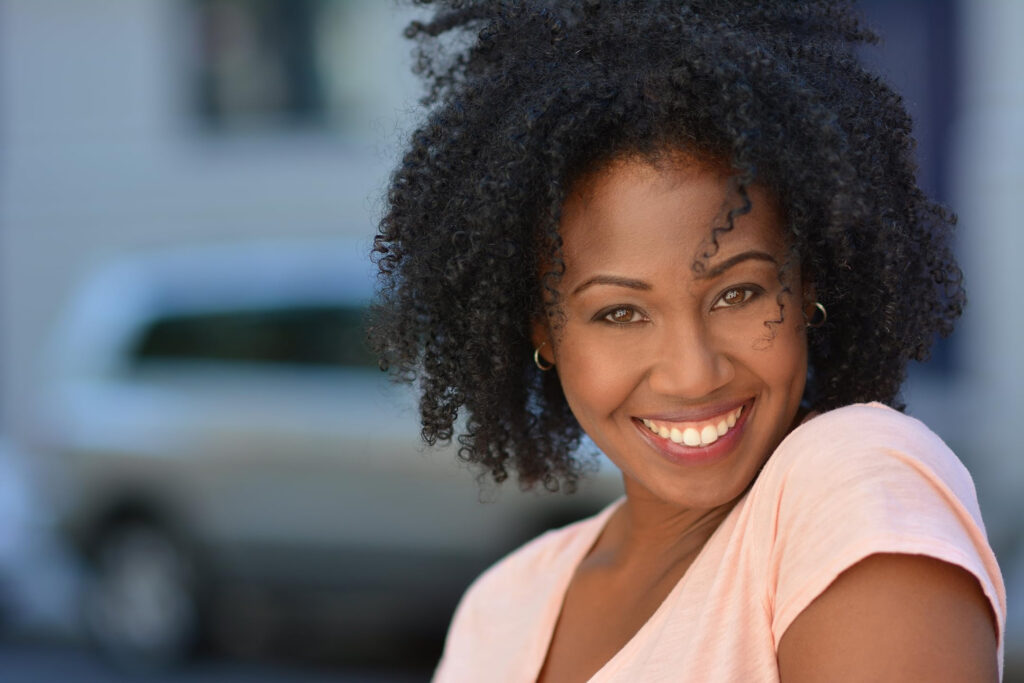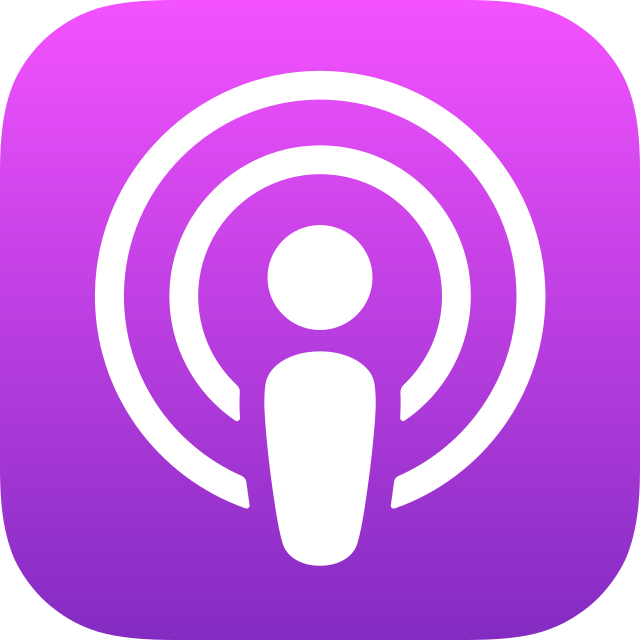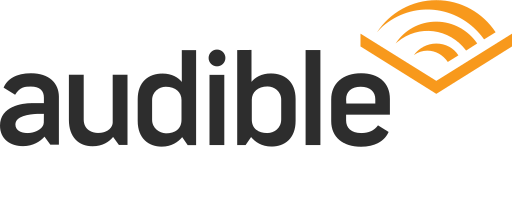From Hollywood to Harvard: Tanya Wright's creative journey

Jeana Ross learns about Tanya Wright’s surprising journey from award-winning TV actor (Orange is The New Black, True Blood) to educational entrepreneur. The conversation explores how a background in the arts can bring a refreshing perspective to the field of early education.
Tanya delves into the latest phase of her career as an actor-turned-educator and how it feels like all the dots in her life are connecting in an energizing, new way. Recently at Harvard Innovation Labs, Tanya developed her “Hairiette of Harlem” children’s book series and literacy platform, which employs the intersection of education and entertainment to encourage improvements in reading for kids through age eight.
Connect with Tanya
Jeana Ross 00:00
Does a successful career in the arts provide the kind of mindset to help invigorate the early learning landscape? Welcome to Starting at Zero.
Starting at Zero . . . imagining a world of high quality education for our youngest citizens. I’m Jeana Ross. As an educator, policymaker, mother, and grandmother, it’s my passion to advocate for the futures of our children.
Tanya Wright is an actress, writer and educational entrepreneur. Already known for her award winning TV performances – including her characters on Orange is the New Black and True Blood – Tanya has also been hard at work in other pursuits.
She won a Most Innovative Business Award for her haircare line, “Hairiette.” Next, this led her towards creating her new children’s book series, “Big Hair Hairiette of Harlem.” While already a playwright and screenwriter, during the pandemic, Tanya decided she had to further shore up the educational side of her background.
She got her Master’s from the Harvard Graduate School of Education, where she developed Hairiette of Harlem at the Harvard Innovation Lab. With a deep passion for early learning and a plan for creatively looking to bridge achievement gaps for low income students, Tanya says she couldn’t imagine feeling more energized about what lies in store.
Hello, Tanya. Your creativity is remarkable. How do you see your talents from being an actress relate to being an educational entrepreneur?
Tanya Wright 01:54
So much of being an educator and an entrepreneur, It’s actually very similar to being an actor. One is, it’s wicked creativity, right? I think that obviously actors, writers, directors, storytellers are creative people. I also think teachers are creative people. They have to be creative people. I think, being resourceful, right? I think that teachers are naturally resourceful people. And obviously as an actor and a writer, director, I’ve had lean, mean years as a creator in my life.
Sometimes they were booming years and sometimes they were not booming years. And the ability to be resourceful is something that I see as a trait that I think that those two fields share . . . and then also, innovation. I’d love to be able to start helping the reframe of teachers as natural innovators. It is likely that teachers don’t necessarily see themselves as innovators, or maybe it’s just sort of not been couched that way, but there’s a lot of similarities between the two fields, and so that’s why for me, it’s really just a sort of natural integration.
Jeana Ross 03:24
You’re creating a movement through Big Hair Hairiette of Harlem. Tell us about Hairiette. Who is she?
Tanya Wright 03:32
Hairiette is the little girl of my dreams. She’s probably my inner child run amok. In fact, I have her right here. This is Hairiette. Say hi, everybody. So, she’s seven and she goes on learning adventures with her friends, Charlie the Comb and Barbara the Barrette. So she is a very spunky, spirited, very curious little girl who lives in Harlem, New York with her family and her friends. And she’s been taking a lot of my brain and heart these last couple years developing her.
Jeana Ross 04:10
What do you want people to know about the stories you’re creating?
Tanya Wright 04:14
I want people to know about the importance of life lessons. I’ve written 30 Hairiette books. The first three books are going to be in Target stores. And my aim with the books is . . . books are the foundation in terms of helping children learn how to read, they are the primary tools in helping children learn how to read. But in addition to reading, I want them to learn lessons about life. So each book has a word of the book. For example, the first word of the first Harriette book is “gratitude.” I won’t tell you too much about what the story is about, but she’s gotta learn something about gratitude, little, little Miss Harriette.
The second one is about patience. And so at the end of the day I want children to be entertained and inspired, sure, but I want them to also come away with a lesson . . . a lesson that I think would be helpful to their lives going forward.
Jeana Ross 05:27
Tell us about your journey from a child raised in New York City to early childhood education.
Tanya Wright 05:35
So it’s been a very interesting winding road, but when I look back on it, there are dots in life that connect, and it’s only after a while after you’ve lived life that you can see the dots were specific in their origin, and that they actually really do connect in the end.
Twenty-five years I’ve been a storyteller – primarily an actor on some very successful television shows. My first show, first audition and first job ever was playing Theo’s girlfriend on the Cosby Show many years ago. And I went to Los Angeles and I worked on a number of other shows – from 24, NYPD Blue, True Blood.
But I think it was the more recent one, Orange is the New Black, that really changed things for me in terms of education. It was really an opportunity to learn about transgender issues, about the prison system, about immigration. And I thought I had some ideas about children and learning . . . and I wanted to make sure that those ideas were grounded in science and research. And I knew I needed to educate myself in order to help educate anybody else. So I took myself back to school, where I graduated from Harvard and I got a Master’s in Education and Learning Design and Innovation Technology.
I graduated last year. That’s why I’m still in Cambridge, Massachusetts. I love it so much. And I’ve been working on Harriette the whole way. So really it is this moment in time in my life, and I do say that in many ways, Harriette really is my life’s work. It is a culmination of all the dots in my life . . . my life as a writer, as director, as an actor, and storytelling – now as an educator.
Jeana Ross 07:41
Well, as the star of your elementary school play with the role of a birch tree with no lines . . .
Tanya Wright 07:48
You did your research!
Jeana Ross 07:51
What were your thoughts at the time and how has it inspired your understanding and outreach to children to find their voice?
Tanya Wright 07:58
Oh, I love that question. Thank you so much. Yes. I played the little birch tree. I was on stage for 45 minutes at with no lines. And I just had to be in the middle of the stage being a birch tree. And at that time in my life, you know, you talk about finding your voice . . . at that time in my life, I was a very shy, very quiet little girl. And so I was definitely a little girl who was observing all the things around her, but had not yet found her voice to articulate, to talk about the things that she was seeing and feeling and about the world. And so in many ways, when I say Hairiette is my inner child, when I think back to that time in my life, I really wanted to connect with those children who are maybe the ones in class who are not always raising their hands. Hairiette is for all children, all colors, all cultures. It’s not just a children’s enterprise. It’s for adults too, educators and parents. One of my mentors here at Harvard is a wonderful man named Jeff Dunn. He’s the former CEO of Sesame Street. So, Sesame Street is certainly guiding that ethos and the principles of Sesame Street are a guiding force for me.
Jeana Ross 09:27
Tanya, you’ve said that going back to school at this time in my life has not been something I anticipated, but has probably been one of the most important and impactful choices of my life. Will you give us an example of how this has impacted your life?
Tanya Wright 09:44
First I would say, you know, when I think about school, when I was little, I didn’t necessarily like school. I was bored. I was a highly creative, curious girl. And so I wanted to get out into the world, right? That’s where I thought like the real learning was going to happen . . . not necessarily in these four walls. So to my surprise, I have found school to be at this point in my life, to be the most inspiring nourishing place that I could ever think to imagine myself to be. I mean, going back to school later in life is so different from being certainly in elementary school, and junior high school, high school, even college. The perspective on learning – I’ve taken every class so seriously. I did all even the optional reading and I’m still reading journals, the latest science and research coming out of the field. And really what I have learned is that I enjoy being a lifelong learner. You know, when you’re 20 and 25 or 18, you don’t really even understand, can’t even really begin to appreciate the privilege and the opportunity that you have at that point in your life to be in a protected environment where you can be curious and make mistakes and develop. You can learn and you can make things and you can make friends. Such an important part of education is learning the value of collaboration.
It’s been just such a treat, and I’m so happy that I gave myself this opportunity.
Jeana Ross 11:50
I understand. I went back to school in my forties. It was just a totally different experience. I just absorbed it, I loved it. It was a totally different thing and I did appreciate it, which I hate to say I probably did not as I should have earlier. Who or what motivated you to take this circuitous journey to early childhood education to go back to graduate school after a career in Hollywood and build Big Hair Hairiette?
Tanya Wright 12:21
You start to think about what it is you’re going to leave behind. And I knew that while I have been very blessed to have a great acting career, I began to think wider and deeper about what I was going to leave behind . . . and wanting to participate in the early childhood space in a meaningful way. Yeah, it is a big change – really. I literally I shut my life down in Los Angeles. And it was the year 2020, the year of the pandemic, and they were advising that people not fly during that time ’cause we didn’t have a lot of information about COVID. And so I literally took a train from Los Angeles to Cambridge, Massachusetts and set up shop and, and went to school. And a lot of the school time was in classrooms, but we had on masks when we were in class. And we had some classes that were online. I sort of braved the pandemic to do this. And I’m so happy I did.
Jeana Ross 13:37
Tanya, you were recently selected as a finalist in the Saul Zaentz Innovation Challenge at the Harvard Graduate School of Education. Congratulations.
Tanya Wright 13:46
Thank you very much.
Jeana Ross 13:49
What takeaways do you have from this experience that could inspire other people working in the early childhood education field?
Tanya Wright 13:57
So, one of the things, I’ll just sort of double down on this idea of teachers as innovators, right? And I think so much about entrepreneurship is really understanding a problem and finding a solution to a problem. And again I believe that teachers find solutions to problems every single day, they don’t necessarily think of them as innovations – but I do. And if you have something that you’ve discovered that works for a child in your classroom, you might do well to share it – to create a community?
Jeana Ross 14:38
Our listeners are practitioners, researchers, and policy makers in early education. We imagine that transformation occurs when these silos converge. What is your call to action?
Tanya Wright 14:49
Nothing works in a silo. That’s why diversity is so important. That’s why collaboration is so important. And the reason why it’s so important is because everyone has a different framework and a way of thinking. So, for example, in my learning design innovation technology (my cohort) there were all kinds of people. We were all focused on one thing, and that was education. But there were lawyers in my cohort. There were doctors in my cohort. There are actor, writer, directors in my cohort. There were teachers in my cohort. And when we came together to think about problem-solving, we all came to the table with a very specific point of view that ultimately made the thinking better, made the thinking more robust, made the thinking deeper.
And so, if there’s one huge takeaway from my time at Harvard, a way that I can I extend this out to the wider world, it’s that silos don’t work. Collaboration works. Concentric circles work. And people working together works much better than this group working here, that group working there.
Jeana Ross 16:14
It seems like the more you can collaborate with each other and work with each other there comes just automatically a sense of collegiality, which is so important and I think supports not only the work that’s being done, but the outreach of the work . . . to all the different groups. So important, particularly with young children, that we work together and your influence and what you’re doing. It’s going to be crucial in this work that we have to do.
Tanya Wright 16:46
As much as I am an entrepreneur and a media maker in the early childhood space, I believe that I can be helpful and will be in lending my voice in terms of policy. For example, I was asked to participate in supporting a piece of legislation that would enable children to be screened for dyslexia much earlier than they would otherwise.
Jeana Ross 19:19
We know that during the pandemic, so many children fell behind. And even our youngest children, as young as two years old, we know now that their vocabulary in some cases was impacted. So, important work that you’re doing. Big Hair Harriette is a literacy intervention. Did this come from your own love of reading?
Tanya Wright 17:41
Oh goodness. It came from so many things. So when I started at Harvard, Big Hair Hairiette or Hairiette’s House was really actually focused on financial literacy. And so that was my way into math. I saw the learning losses that were experienced as a result of the pandemic. And the more that I read, and the more that I just became interested, my focus then switched to literacy for a number of reasons. Sure, I’m a reader, and I was a literature major in college. But I also saw some fairly startling statistics about literacy in this country, and literacy in the world. And I realized that it was not going to be possible to help with the math piece if children don’t know how to read. And it was really an NKC study – about children not reading proficiently by the third grade who were four times more likely to drop out of high school if they were not proficient in reading by the third grade.
And so that became – whoa – just sort of viscerally felt that this was the space. Harriette’s House is an innovation that I created. It’s designed to increase literacy, proficiency in children under the age of eight. And so I use everything that I learned here at school. And I developed it at the Harvard innovation lab. I’m working on the software and all of that stuff now. So it’s very exciting and I’ve been very encouraged. In addition to the Saul Zaentz (Innovation Challenge), I was one of the winners in the Harvard Innovative Venture and Education Award for most promising early stage venture.
And I got the Education Entrepreneurship Fellowship here also. So, I’ve been heads down, you know, whether it’s in the books boning up on research, or the innovation lab where I’m literally tinkering and building on an innovation that I hope will be impactful in the lives of our earliest learners.
And if I could look back on my life and say that I was helpful to children. I’d be pretty pleased with myself . . . you know, I can find no other way, no better way to really spend my time and talent and focus then to be helpful to the early childhood field. So it’s it’s a privilege. And yeah, I’ll beat a drum for as long as possible to make sure that people understand how important that is.
Jeana Ross 20:43
Thank you – because it is important and you’re a great influencer. I ask all my guests: what is their favorite children’s book? What is the children’s book that’s left a lasting impression on you as you’ve developed Big Hair Hairiette and your other literacy works?
Tanya Wright 21:03
Gosh, there’s so many. But you know, actually I love this author, Peter Reynolds. He’s actually right here, based here in Massachusetts. And this is “The Dot” – just make a mark and see where it takes you. And this is also Peter Reynolds. This one is the “Word Collector” . . . I like Peter Reynolds very much.
Jeana Ross 21:28
Well, thank you, Tanya. We appreciate your time. Can you tell our listeners how they might find you?
Tanya Wright 21:35
The website is Big Hair Hairiette. Hairiette is spelled H-A-I-R-I-E-T-T-E, like hair. Get it? A play on “hair.” Big Hair Hairiette dot com is the website.
And you can reach me on “Tanya is hair” on Instagram, T-A-N-Y-A-I – H-A-I R. And Tanya Wright on Facebook, and then Big Hair Hairiette on Instagram and Facebook and Twitter.
Jeana Ross 22:08
Well, thank you so much, Tanya Wright.
Tanya Wright 22:11
Thank you very much. Bye, everybody!
Jeana Ross 22:14
Starting at Zero . . . imagining a world of high quality care, education, and success for our youngest citizens.
Please visit us at startingatzeropodcast.com. You can check out more episodes and also subscribe. On the website, you’ll find links mentioned in the episode, along with transcripts, show notes, as well as exclusive materials shared by today’s guest. You’ll also find the video version of today’s episode. That’s Starting At Zero podcast dot com.
If you found our insights on early childhood education valuable, we’d be thrilled if you could take a moment to leave a review. Your feedback not only supports our podcast, but also helps us spread the word about the importance of early education. Connect with me on Twitter and Instagram at starting at zero and at Saul Zaentz Charitable and I’m Jeana Ross on LinkedIn.
I cannot wait to share our next conversation with you and imagine a future where every child finds early success.
Learn More About Our Work
Feedback & Contact
Copyright © 2024. Starting at Zero Podcast and the Saul Zaentz Charitable Foundation™. All Rights Reserved. Site Design: Chair 8 Design.





